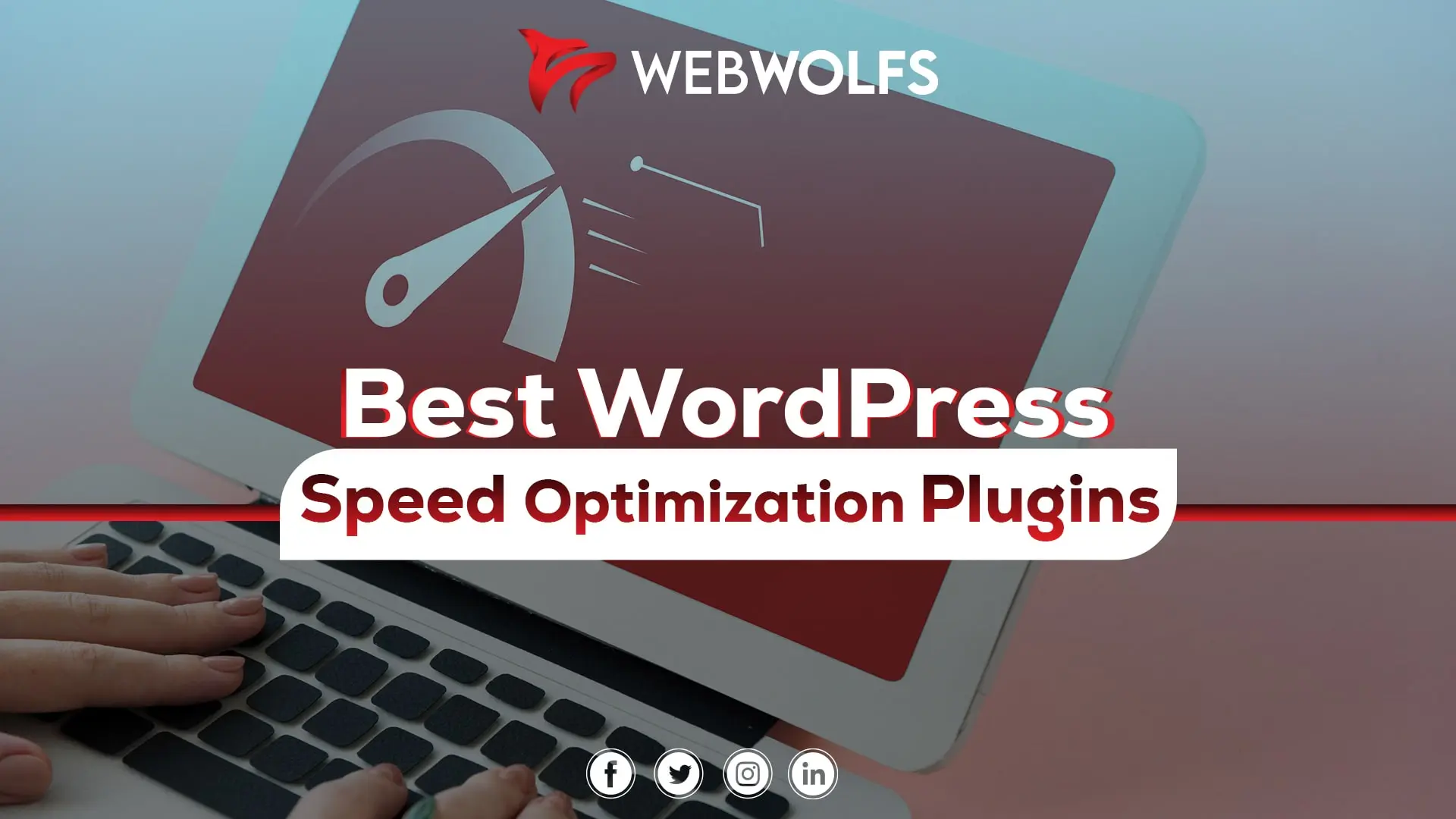
The reason everyone's buzzing about the best WordPress speed optimization plugins is pretty straightforward.
They make your website faster by making them load lightning-fast.
People want their websites to be Usain Bolt-level fast, and these plugins are the track coaches making it happen.
In this guide, we will explore essential techniques for WordPress speed optimization, going beyond generic advice and "top plugin" lists.
In an era where human attention spans have dwindled to mere seconds, the speed of your WordPress is imminent.
Visitors decide within moments whether to stay on a site, and a sluggish experience can lead to immediate abandonment.
Aiming for a page load time of under two seconds is a good starting point, with incremental improvements contributing to a better user experience.
Contrary to common belief, relying on personal computer experiences may not reflect the actual speed of your website for all users worldwide.
Studies, including a case study involving Amazon and Google, indicate that a one-second delay in page load time can result in substantial drops in conversions, page visits, and customer satisfaction.
Testing website speed is like peeking under the hood to see what's really going on.
There are a couple of ways to go about it – one is checking out what real users are experiencing, and the other involves using cool tools that run tests to measure performance.
So, these test tools are like the detectives of the web world, doing what we call synthetic tests. They're not actual users but are specially designed to measure how well a website is doing.
We're talking about tools like pingdom, some Google Analytics magic, Website Performance and Optimization Test (WPT), and even some application-specific tools like New Relic. It's like getting a full checkup for your website.
Now, the Website Performance and Optimization Test is like your website's report card from a third-party perspective. It's all color-coded, making it super easy. Its goal is to get all "A" s for the different categories like First Byte Time, Compress Timer, Cache Static Content, and more.
The choice of a WordPress hosting provider significantly impacts your website's success. While shared hosting with providers like Bluehost or Siteground is common, it comes with the drawback of shared resources that can affect performance during traffic spikes.
Managed WordPress hosting, exemplified by WPRocket or Perfmatters, offers optimized server settings, automated backups, and advanced security measures.
Enhancing WordPress speed doesn't always require coding skills.
Implementing these steps can significantly improve your site's performance:
Dynamic page creation in WordPress can slow down the site, especially during high traffic. Caching plugins, such as WP Rocket or perfmatters, create a cached version of the page after the initial load, resulting in faster subsequent visits.
Keeping only essential plugins, updating them, and ensuring compatibility with your theme prevents unnecessary processing load. Regularly updating themes and plugins is crucial to maintaining optimal performance.
Images that haven't been optimized for the web can contribute to slow load times. Ensure all images on your website are appropriately compressed and resized to minimize their impact on performance.
To further refine your site's speed, consider the following advanced tips:
Premium plugins with built-in compatibility can prevent conflicts and optimize your site's functionality.
Be mindful of the number of plugins and widgets added to avoid overloading the server. Choose a reliable host, optimize WordPress settings, and select appropriate plugins to streamline server performance.
Compress and resize images to reduce their impact on load times. It's always best to use a caching plugin, such as WP Rocket or perfmatters, to expedite the process.
Choosing the right caching plugin is essential. WP Rocket (paid) and perfmatters (free) are recommended options due to their effectiveness in speeding up WordPress sites.
Here are the top picks for the best WordPress speed optimization plugins that can load your website super fast:
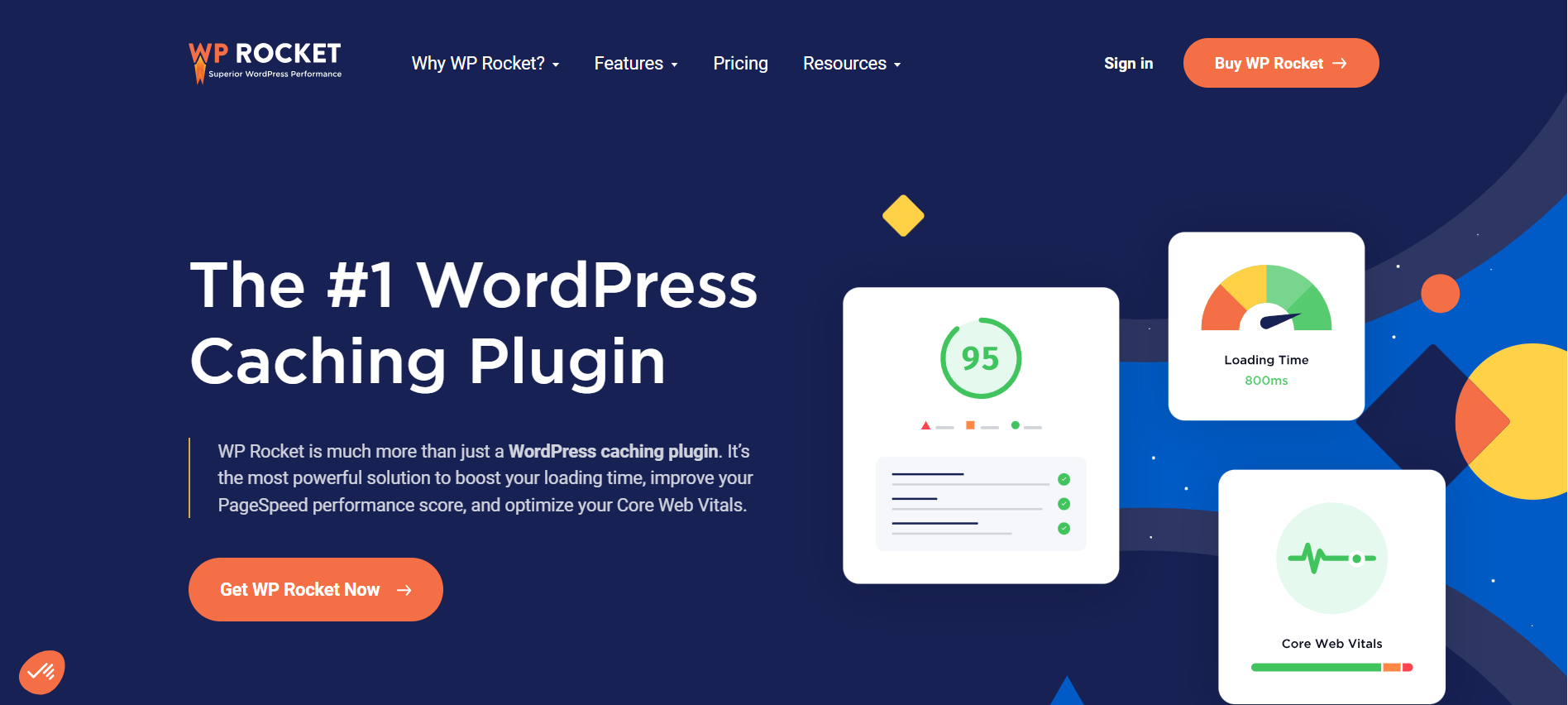
WP Rocket stands out as a premium WordPress plugin, offering a robust suite of features dedicated to enhancing your website's speed. Its repertoire includes caching, minification, and image optimization, ensuring a strategic approach to performance optimization.
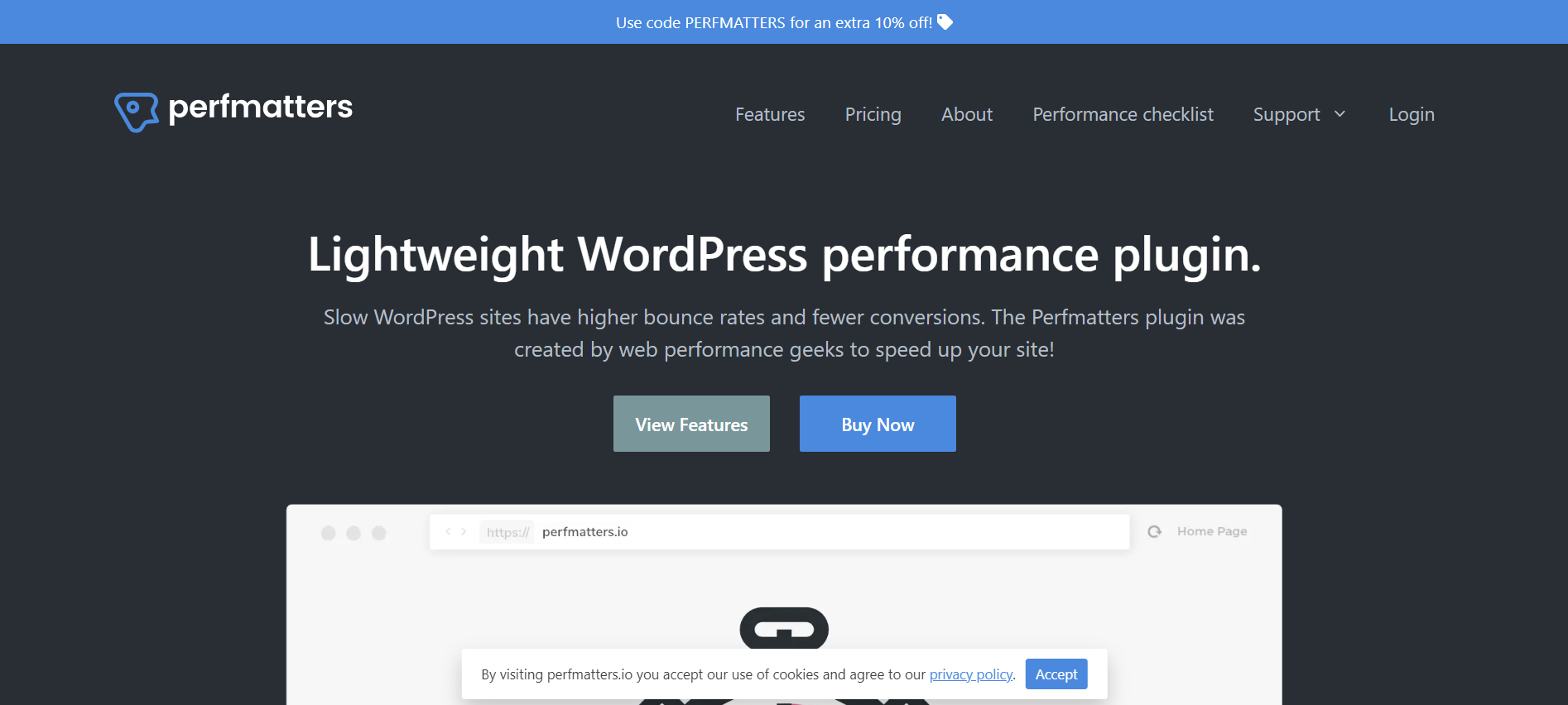
Perfmatters emerges as a clever and efficient speed optimization plugin. Upon installation and utilization of its default settings, you can witness a notable 0.2-second reduction in your homepage's load time. What sets Perfmatters apart is its ability to selectively load CSS/JS scripts on a per-post or per-page basis, providing a nuanced control over your site's performance elements.
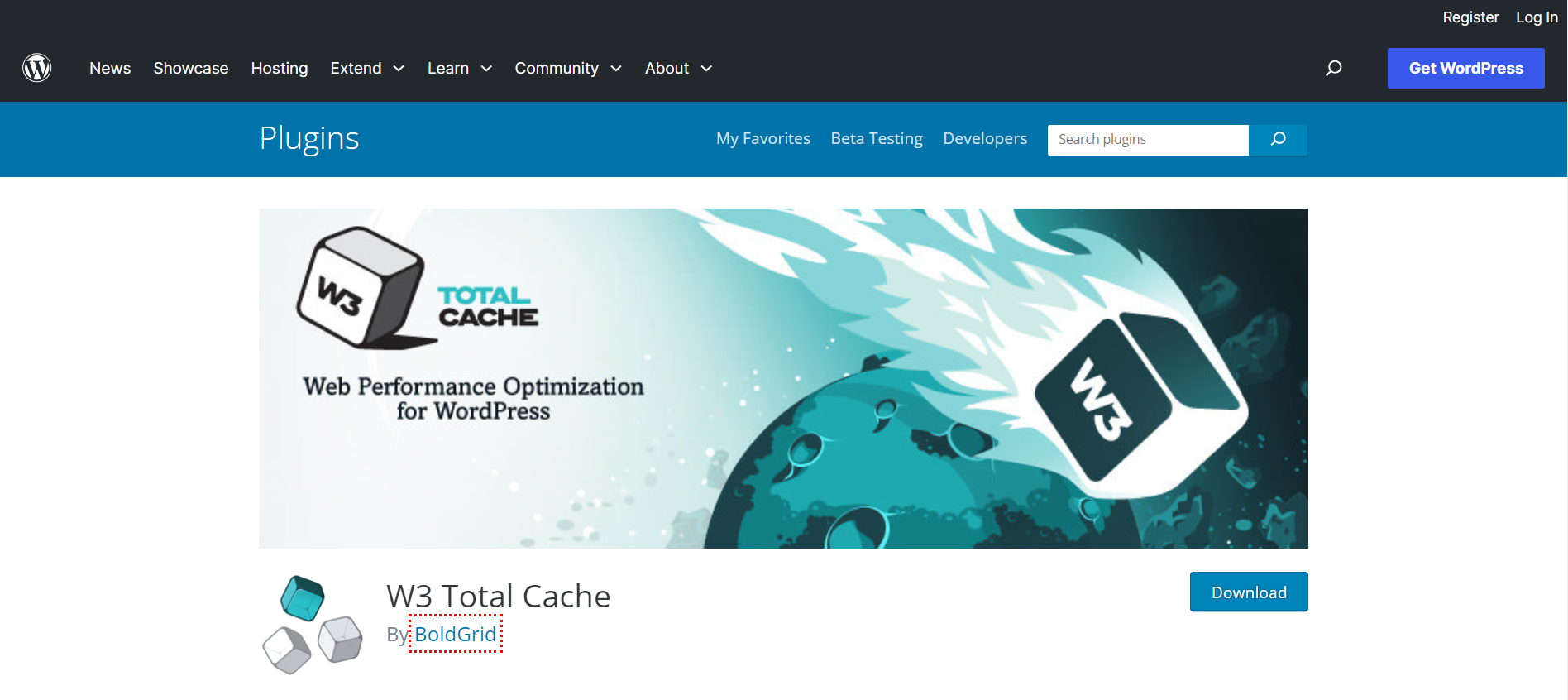
W3 Total Cache earns its reputation as an excellent plugin designed to elevate your website's performance. Beyond the basics, it significantly reduces page loading times and contributes to improved SEO. If a swift, visually appealing website is your goal, considering the installation of W3 Total Cache is highly recommended.
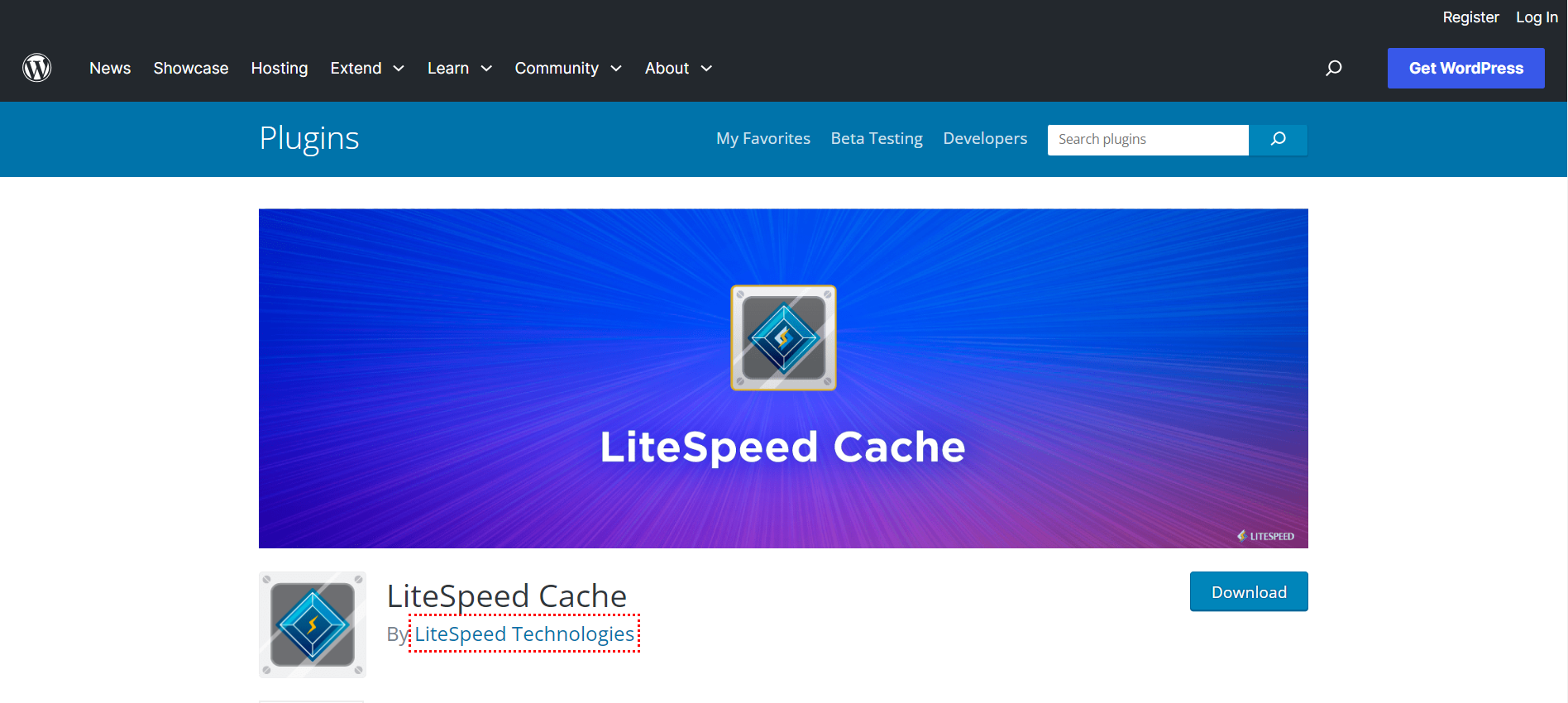
LiteSpeed Cache presents itself as a free and open-source plugin tailor-made for LiteSpeed servers. This plugin brings a spectrum of features to the table, encompassing caching, minification, and Gzip compression, all geared toward amplifying the speed of your WordPress website. Ideal for those utilizing LiteSpeed servers, it provides a streamlined approach to performance optimization.
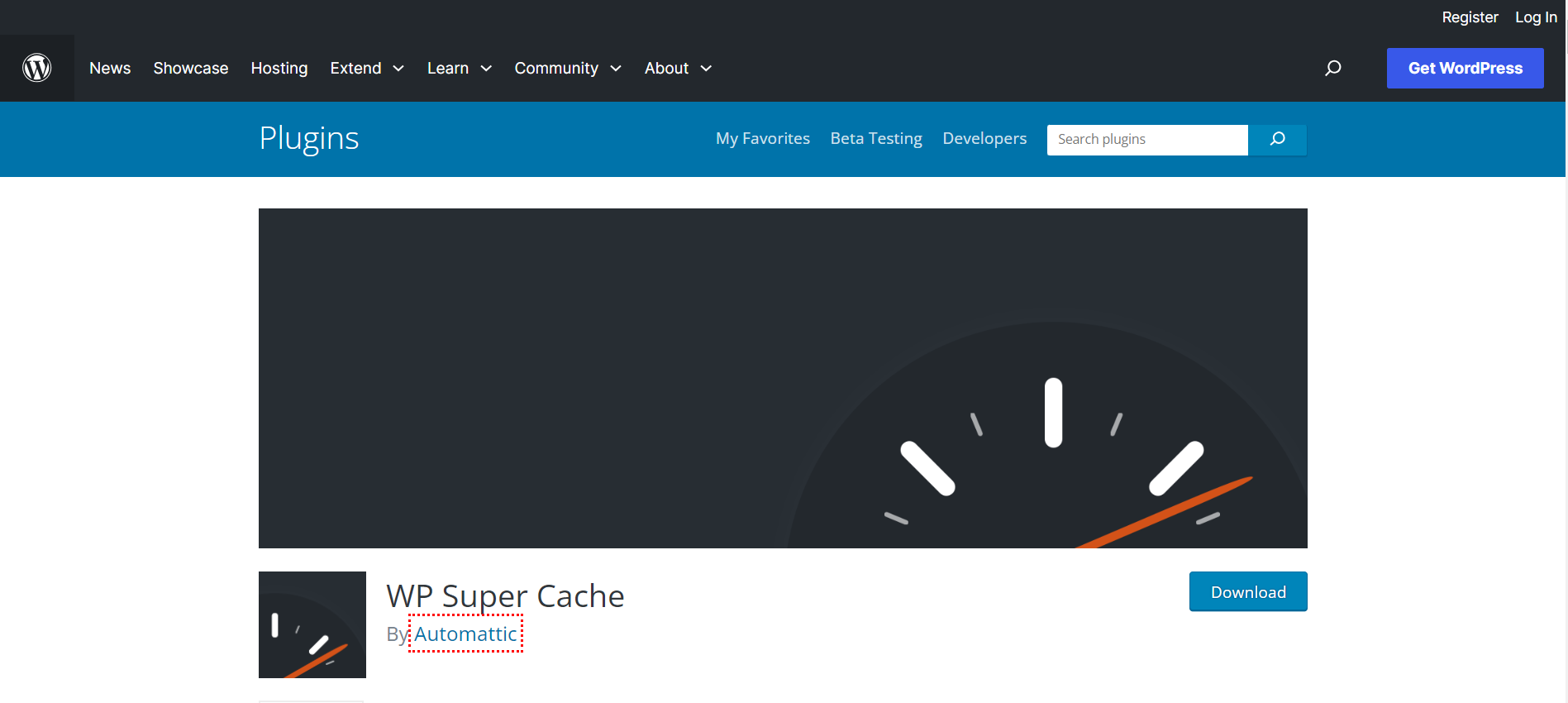
Consider "WP Super Cache" a necessity for WordPress users. WP Super Cache plays a pivotal role in accelerating your website's load times. It caches your website pages, ensuring a quicker access experience for visitors. Implementing this plugin is crucial to unlocking the full potential of your site and capturing a broader audience.
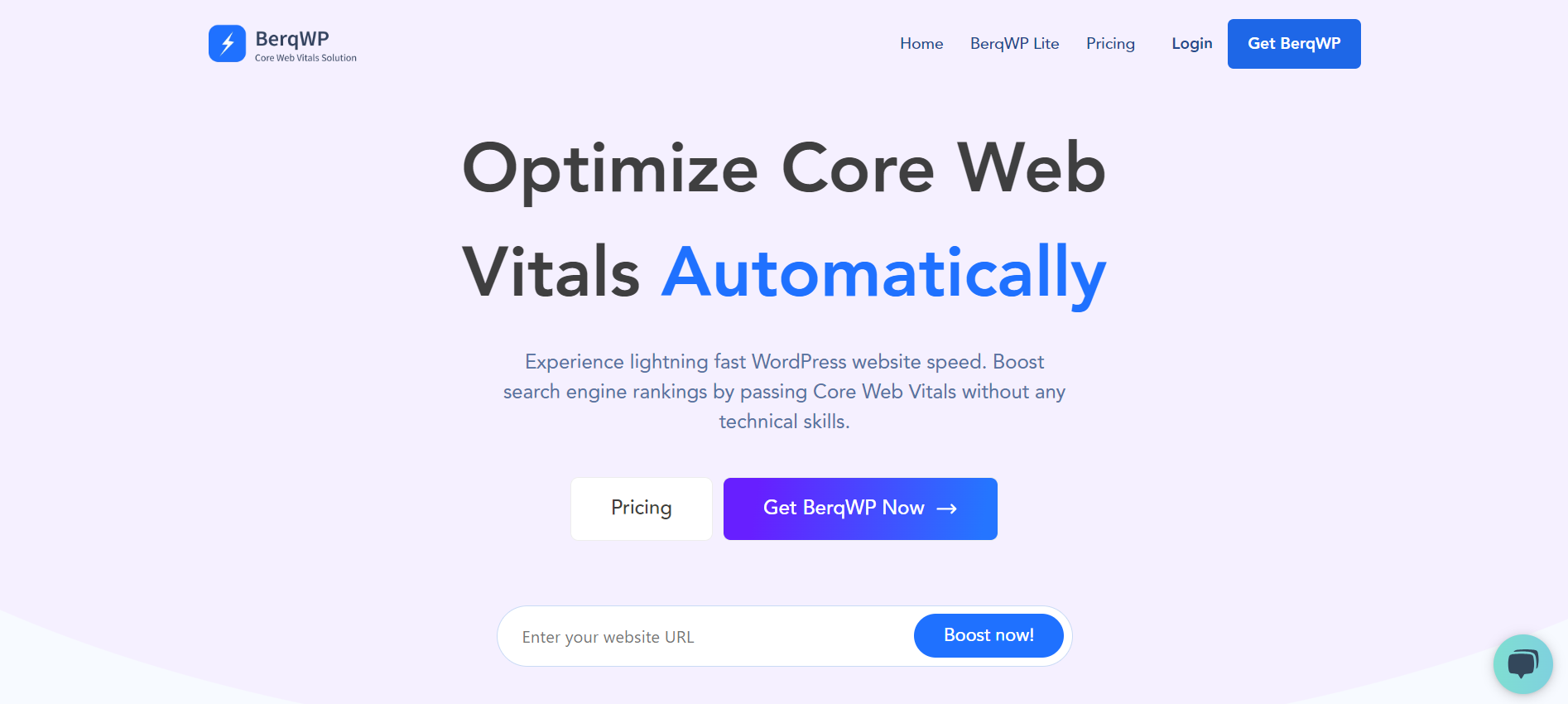
BerqWP actively manages the cache, ensuring consistently swift delivery of content. The tool also intelligently delays non-critical JavaScript, promoting quicker page interactivity, and prioritizes critical CSS for the visible part of your site, optimizing visual loading speeds. Additionally, BackuP automatically converts all images to the WebP format, optimizing compression and quality for faster page loads.
Made with in 25 cities around the world